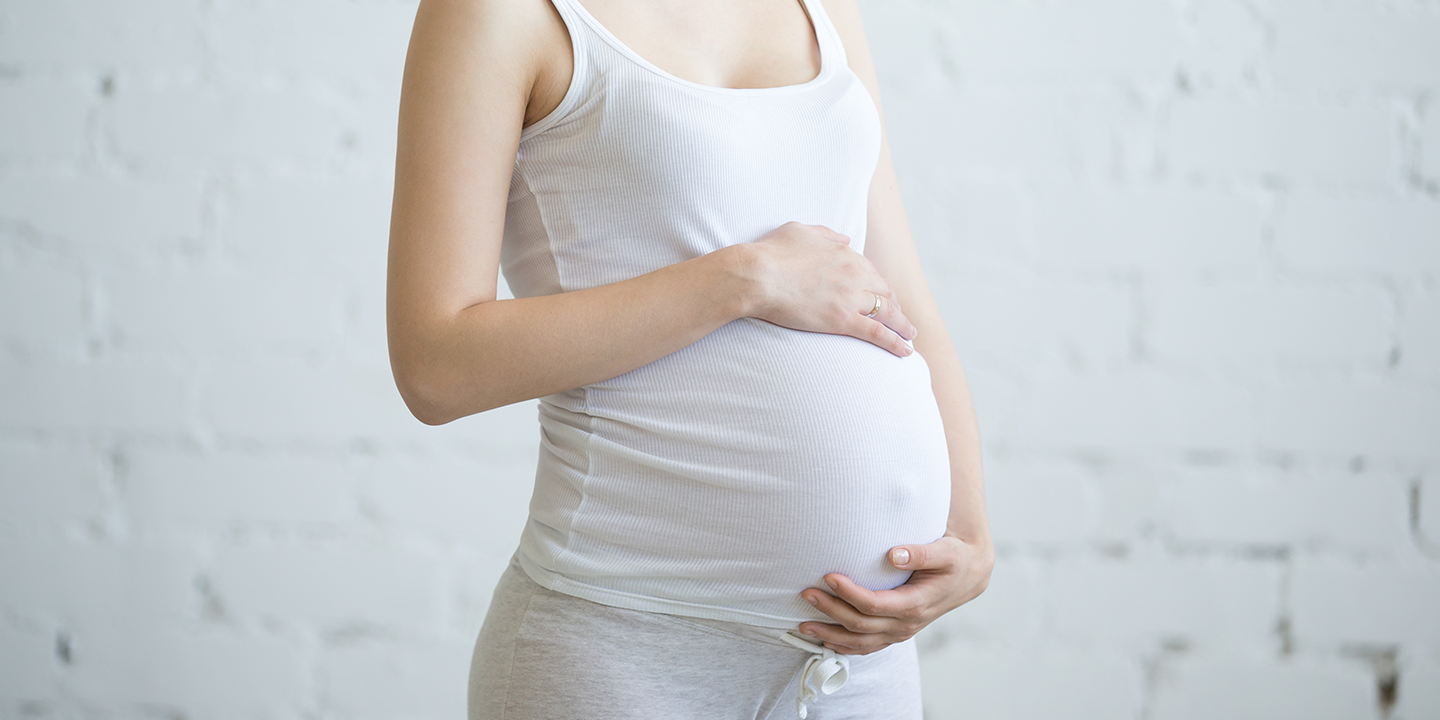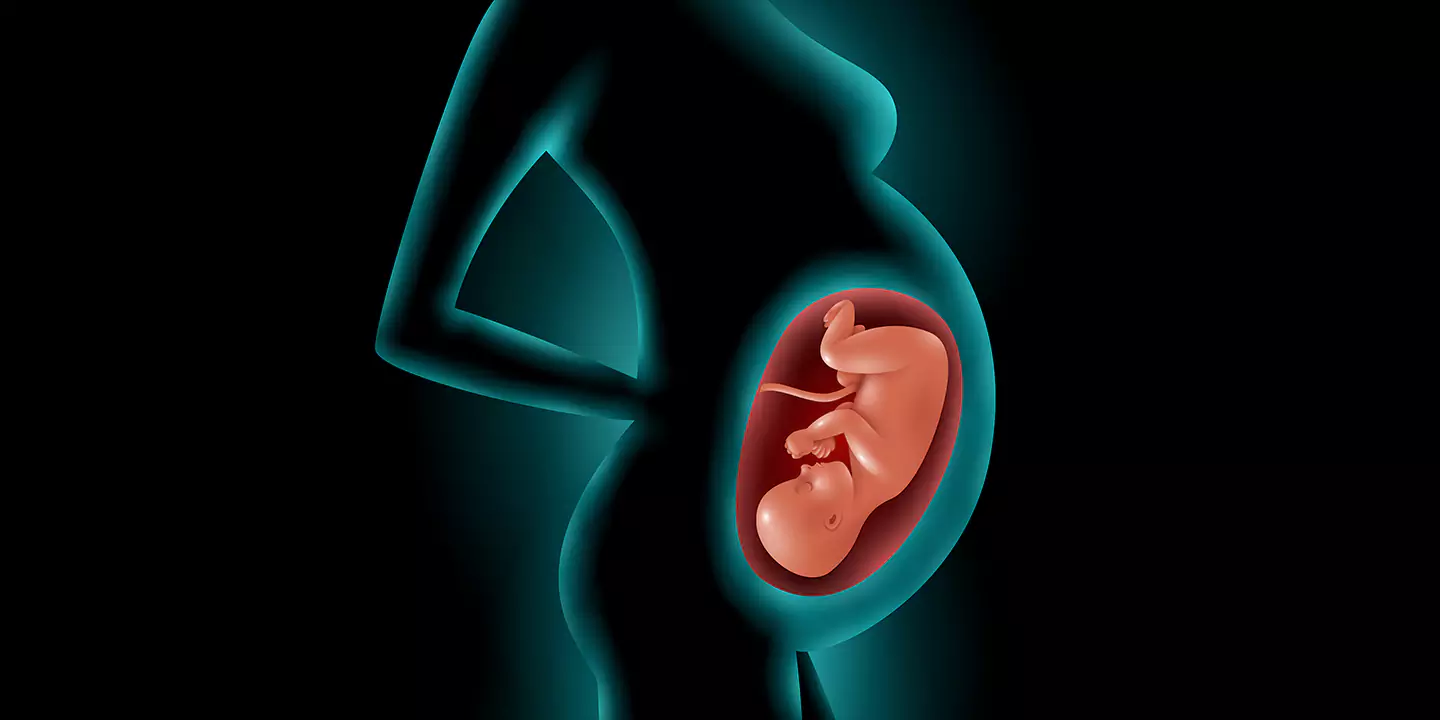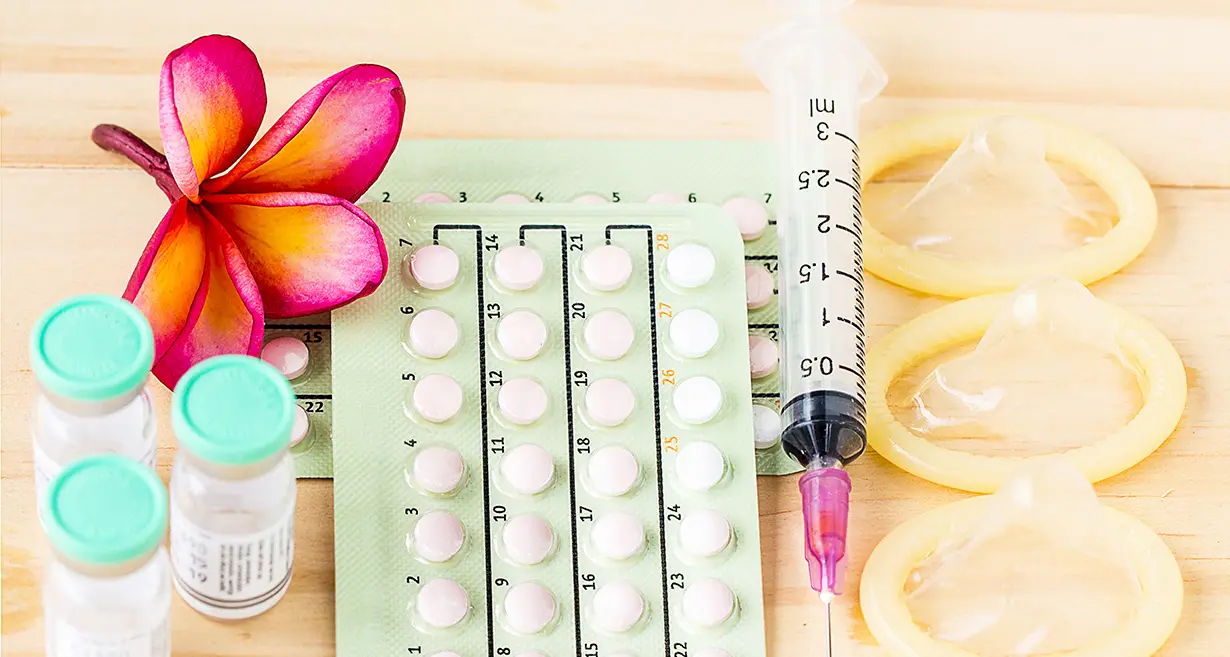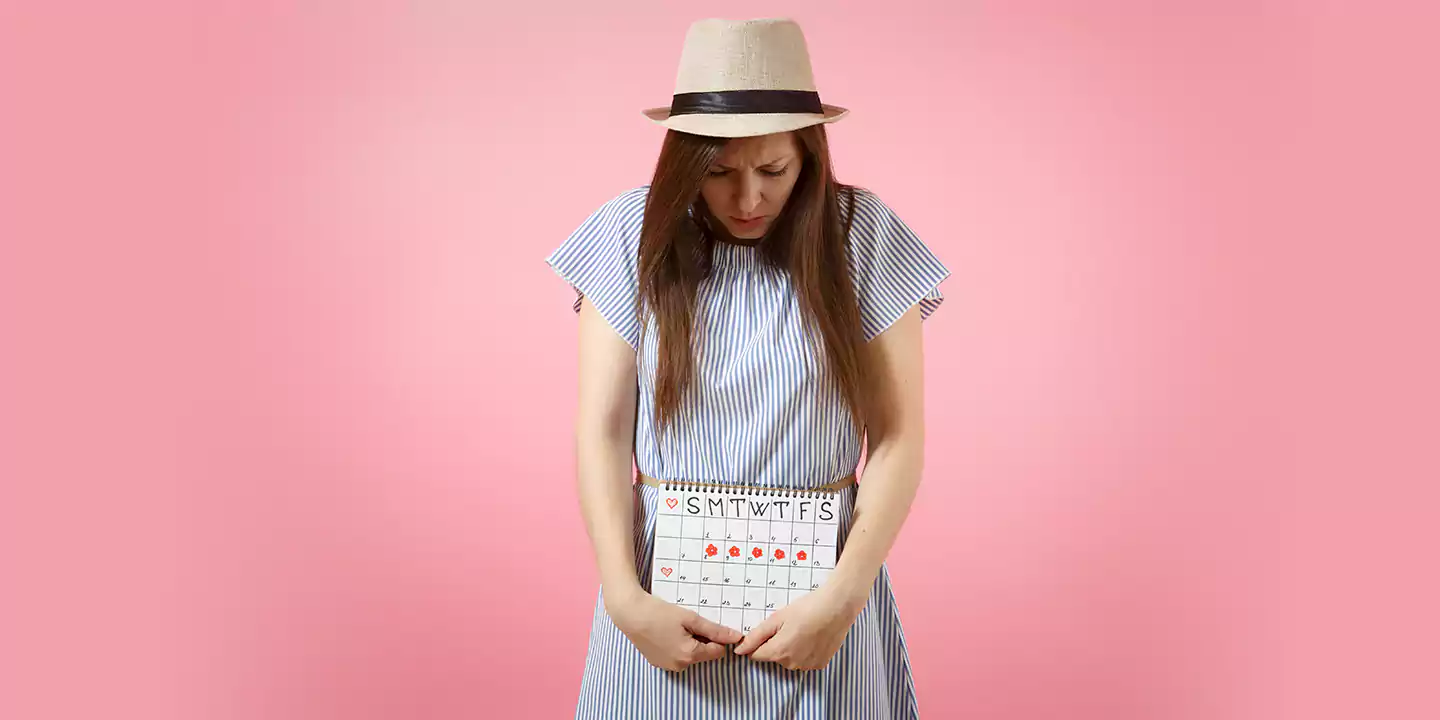
As you prepare for the final stretch of your pregnancy journey, the 36th week is the “9th-month” milestone that most to-be parents love to celebrate. Your body and the baby are preparing for the big day when the baby will arrive and it will finally happen in the coming days or weeks.
Wondering about the symptoms, baby development, and experiences during the final month of your pregnancy is common. That’s where this guide steps in.
We will highlight everything you need to know about being 36 weeks pregnant, the symptoms, your baby’s development, and tips to ease the experience.
Related Blog: 35 Week Pregnant: Symptoms, Tips, And Baby Development
In this Article
36 Weeks Pregnant: How Many Months Is That?
By the 36th week, you are officially in your ninth month of pregnancy and ready to finally meet your baby in a few weeks.
Symptoms at 36 Weeks Pregnant
As you approach the end of your pregnancy, you might experience various symptoms. Some might be familiar, and some of these symptoms might be new.
The following are a few worth highlighting:
Increased Braxton Hicks contraction
Commonly known as the “practice contractions,” Braxton Hicks contractions increase frequently as you near your due date. The main significance of these contractions is to prepare the uterus for labor, which is set to happen in the coming few weeks. Also, ensure you don’t confuse these contractions with the actual ones. They are typically irregular and less painful.
Pelvic pressure
Since your baby is growing and is almost ready to be delivered, their positioning in the womb might make you feel like you have increased pressure around the pelvic region. This primarily happens as the baby’s head engages itself in the preparation for the birth.
Frequent urination
This feels like a familiar and recurrent symptom throughout the pregnancy period, but as you step into the ninth month, the baby’s position might put excess pressure on the bladder, making you pee more. Ensure that you prioritize hydration during this period.
Backache and hip pain
With the growing baby inside you, the extra weight is bound to add to your back and hip pain. Also, as the body prepares for the delivery, the ligaments and bones may loosen, further contributing to the pain you are experiencing.
Fatigue
Tiredness is extremely common throughout pregnancy and might be elevated by the 36th week. Instead of pushing yourself, listen to your body and get some rest when you need it.
Related Blog: 34 Week Pregnant: Symptoms, Tips, And Baby Development
Baby Development at 36 Weeks
Your baby has been steadily growing and maturing throughout your pregnancy, and at 36 weeks, they are nearly ready to make their grand entrance into the world.
Besides the usual 36 weeks pregnant symptoms, the following are a few baby development details worth noting:
Size and weight
Your baby has an average weight of 5.75 pounds and measures between 44.5 and 48.3 cm. For comparison, the baby is the size of a honeydew melon.
Fetal position
By the 36th week, the baby will assumingly be in the head-down position, preparing for their birth. This is also termed the vertex presentation and is an ideal positioning for the baby’s vaginal birth or normal delivery.
Lung development
36 weeks is when the final stages of lung development are happening. Also, the lungs produce surfactant, which is a substance that fills up the air sacs and keeps them inflated so they don’t collapse post-delivery.
Brain and senses
Your baby’s brain continues to mature, and its senses are becoming more refined. They can now blink, open, and close their eyes and may even have distinct sleep-wake patterns.
Digestive system
The baby’s digestive system is almost ready for its first feeding. Also, it is accumulating meconium, the first bowel movement that occurs after the baby’s birth.
Related Blog: 8 Surprising Things Unborn Babies Usually Do In The Womb
Tips for a Healthy 36-Week Pregnancy
Being in your 36th week should fill you with excitement and equal amounts of anxiety and nervousness. It is common to feel like this, but now is also the time to prioritize yourself.
Following are a few tips worth prioritizing:
- You must check your well-being during this period and attend all the prenatal appointments. If you have any concerns, it’s ideal that you clarify those with your OBGYN, too.
- If your pregnancy isn’t high-risk and warrants bed rest until delivery, indulging in light exercises like walking is encouraged during 36 weeks.
- Doing kegel exercises during this period is excellent, too, as it prepares the body for labor and postpartum recovery.
- If this is your first time and you wish to be better prepared for the experience, you must take necessary childbirth education classes. Also, while you are at it, finalize your birth plan too.
- Being 36 weeks pregnant can significantly affect your physical and mental health. Hence, prioritize rest during this period.
- Ensure that you eat a balanced diet enriched with all necessary nutrients to support your and your baby’s well-being.
Conclusion
At 36 weeks pregnant, you are on the cusp of meeting your baby and holding them. The week might bring a lot of anticipation and excitement, but you must focus on your health and prioritize your well-being and the safety of you and your baby. If you feel discomfort or have concerns, don’t forget to contact your OBGYN.
Our specialists at Queen’s Gynecology are here to support you and guide you through this final stretch of your pregnancy journey.

























































































































































































